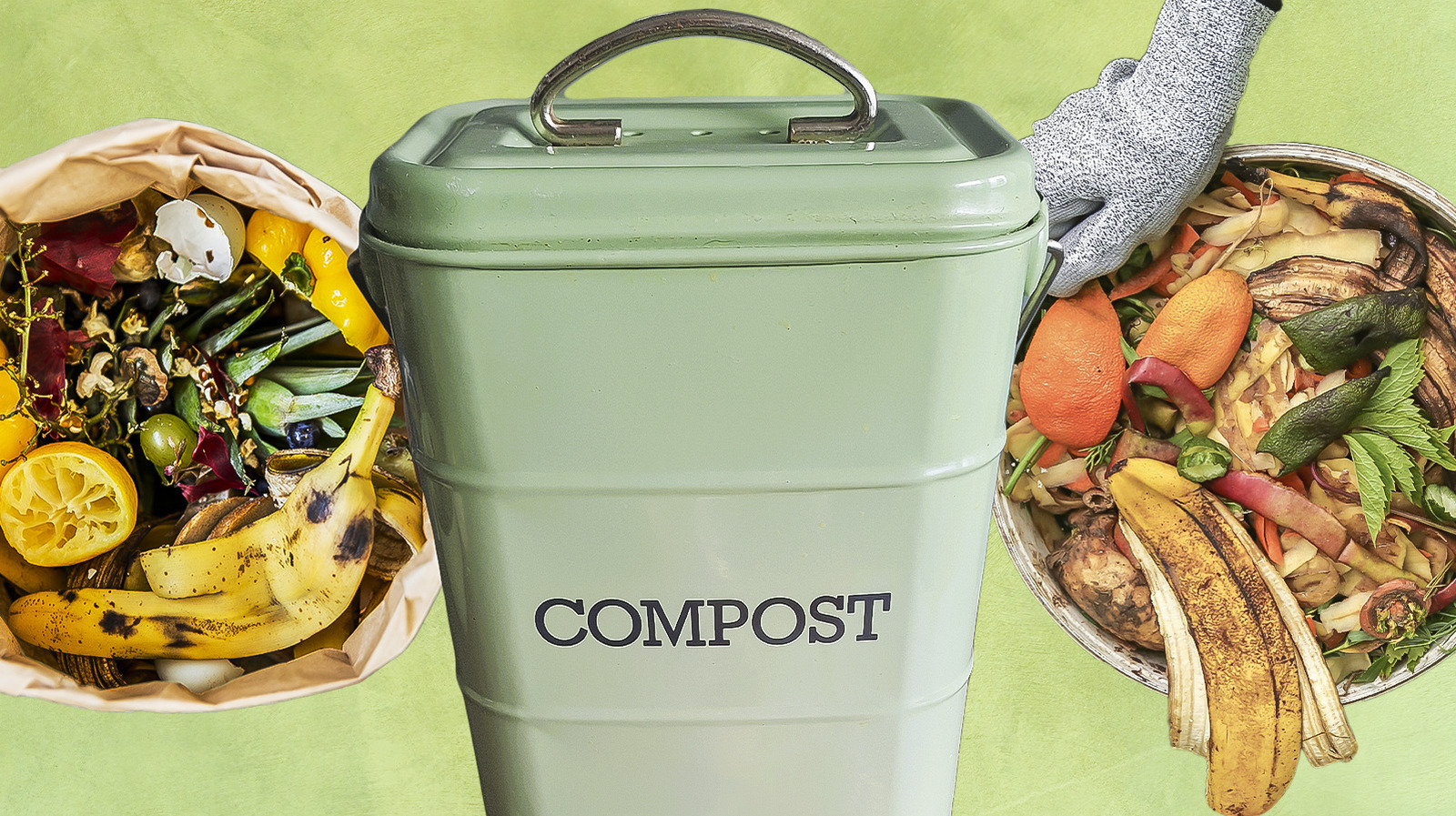
"Composting provides many benefits beyond gardening, such as reducing landfill waste, decreasing methane emissions, improving soil health, and conserving water use."
"More than a quarter of waste in the U.S. is food scraps or yard waste, which could be composted instead, significantly reducing environmental impacts."
"Compost enriches the soil, allowing it to better retain water, which can reduce water usage and bills, while supporting both personal gardens and environmental health."
"Learning to compost can start with simple steps, regardless of living space, ultimately empowering individuals to manage kitchen scraps sustainably."
Sustainable kitchen practices include repurposing scraps, minimizing waste, and reducing plastics. One impactful method is home composting, which can be adapted for different living spaces. Composting not only benefits gardening by improving soil health but also reduces food waste in landfills, diminishing methane emissions. Compost enriches soil, enhances water retention, lowers water usage, and subsequently decreases environmental burdens. With the right equipment and knowledge, anyone can start composting, turning kitchen waste into valuable resources for both personal gardens and the planet.
Read at Tasting Table
Unable to calculate read time
Collection
[
|
...
]